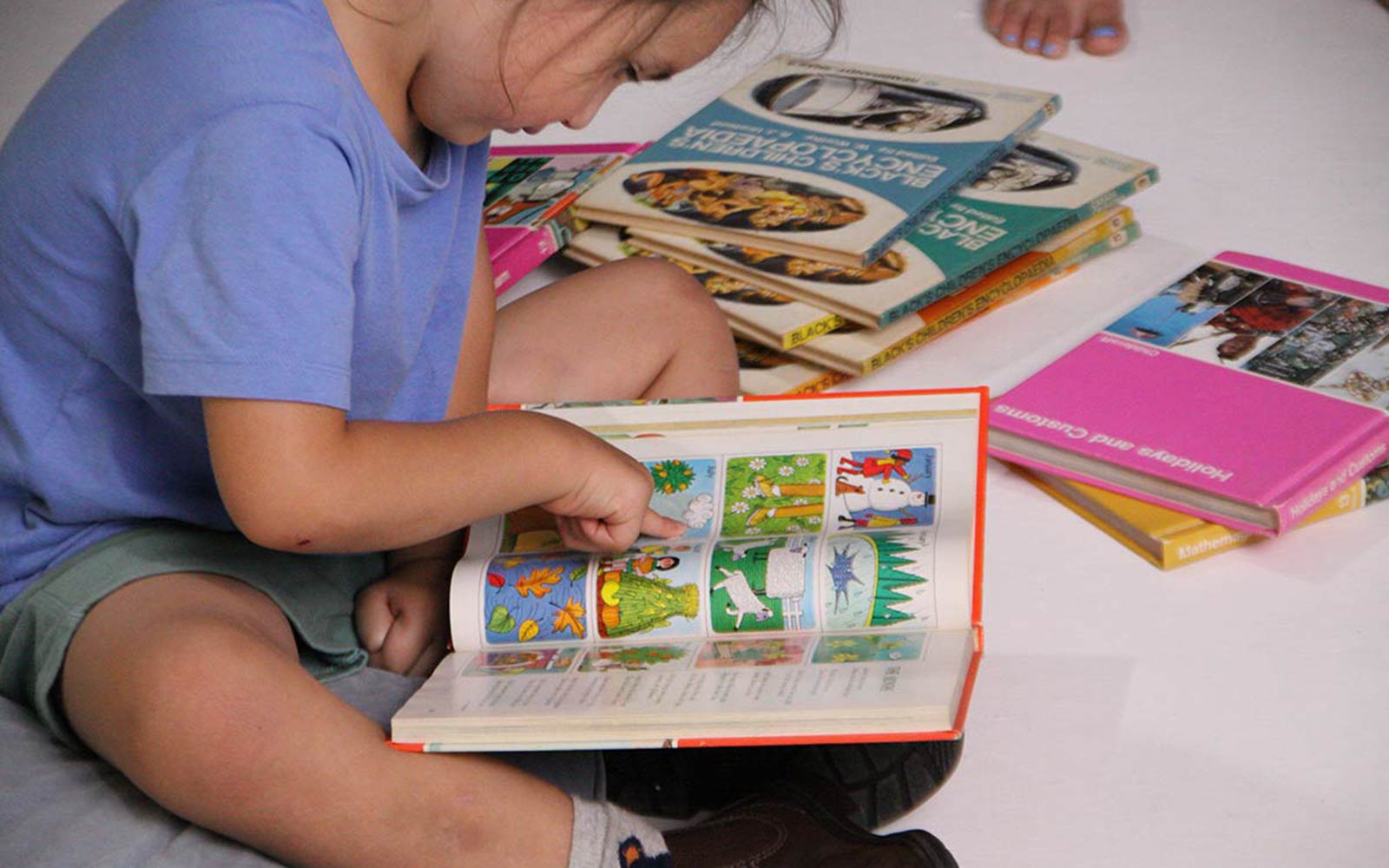The Importance of Calcium for Children's Bone Health
Are you worried about your child's calcium intake? Ensuring that your child gets enough calcium in their diet is essential for strong bones and teeth.

But what about lactose intolerance or milk allergies?
This is where Kids Smart Bursts Calcium + Vitamin D3 comes in - a lactose-free calcium supplement that provides 200mg of calcium plus 7.5mcg of vitamin D3 to support calcium absorption in bones.
In this article, we'll explore why calcium is so important for kids, where to find it in food, and how to meet the recommended dietary intake.
Plus, we'll delve into the benefits of vitamin D for bone health and why it's important to consider a calcium supplement. Let's dive in!
What is Calcium, and Why do Kids Need It?
Calcium is an essential mineral – meaning our bodies can’t create it yet require it in order to function and develop properly. Adequate levels of calcium must be consumed during infancy, childhood and teenage years in order to support strong, healthy bones and teeth. Sufficient dietary intake of the mineral also helps to support muscle health.
As much as 99% of the body’s calcium stores are held in the skeleton, however levels must be maintained via regular daily dietary intake.
Why do Kids Need Calcium?
Consuming enough calcium is particularly important during infancy and childhood, as the body has the best opportunity to build strong, healthy bones during these developmental years. An adequate intake of calcium in childhood assists healthy bone building, giving kids a head start to begin adult life with strong, healthy bones.
Some level of bone loss is normal later in life, however consuming the recommended amount of calcium may help with maintaining an adequate level of bone mineral density for longer.
So, if you’ve ever wondered, ‘what is a good supplement for strong bones?’ the answer is Calcium.
Where does Calcium Come From?
Calcium is found in many different types of food, however the amount of the mineral present in different food sources varies considerably. Milk and other dairy products are the best-known and most accessible sources of dietary calcium for many people. Such sources include:
-
Full cream, light and skim milk
-
Hard cheeses
-
Yoghurt
It is estimated that as many as 1 in 10 children are either lactose intolerant or have a milk allergy. Other good dairy-free dietary sources of calcium include:
-
Broccoli
-
Edemame/ soybeans
-
Leafy greens including kale, spinach and chard
-
Legumes including chickpeas, white beans and red beans
-
Calcium-fortified cereals
-
Calcium-fortified soymilk and soy drinks
-
Fruits including oranges and figs
-
Almonds
-
Sesame seeds
Meeting the Calcium RDI
The recommended Australian dietary intake according to the Australian government for calcium varies depending on a child’s age. The requirement for calcium increases with age in order to support the growth and development of healthy bones and teeth.
-
Children aged 7-12 months are recommended 270mg of calcium per day. Two to three servings per day are generally recommended.
-
Children aged 1-3 years are recommended 500mg of calcium per day. Two to three servings per day are generally recommended.
-
Children aged 4-8 years are recommended 700mg of calcium per day. Two to three servings per day are generally recommended.
-
Children aged 9-11 years are recommended 1000mg of calcium per day. Four servings per day are generally recommended.
-
Children aged 14-18 years are recommended 1300mg. Four servings per day are generally recommended.
How to Boost Your Child's Calcium Intake
Try these ideas to help ensure kids are meeting their recommended dietary intake of calcium:
-
Make smoothies with milk, yoghurt and fruit
-
Add fruit to cottage cheese or yoghurt for a snack
-
Add low-fat cheese on top of meals and snacks
-
Add a few drops of flavoured syrup to milk as an alternative to overly sugary premade flavoured milk
For children that are lactose intolerant or cannot consume dairy products. Try the following calcium boosting ideas:
-
Add chickpeas and slivered almonds on top of salads
-
Make smoothies using calcium-fortified soy milk
-
Add calcium-fortified tofu to stir fries
-
Serve edamame/ soybeans as a snack
-
Try hummus with carrot and celery sticks for a snack
-
Add more spinach, kale and other leafy greens to salads and stir fries
Daily consumption of calcium-rich food sources should be encouraged for all children. Adding a calcium supplement can be a good idea to boost calcium intake for picky eaters or children who are lactose intolerant or can’t consume dairy products.
Lactose Free Alternative - Calcium Without the Nasties
Kids Smart Bursts Calcium + Vitamin D3 are 99% sugar-free and completely lactose-free. These great tasting, chewable bursts are a viable alternative to help lactose intolerant kids meet their calcium intake needs.
The delicious, strawberry flavoured soft chewable capsule is a highly convenient delivery format for both parents and children, and it’s suitable for infants from 6 months and onwards!
Each bursts capsule contains 200mg calcium plus 7.5mcg vitamin D3 to support calcium absorption in bones.
Always read the label and follow the directions for use.
Vitamins for Strong Bones (Vitamin D)
Consuming dietary and supplemental calcium alongside certain cofactors can help support absorption of the mineral in the body. For example, getting enough vitamin D is also important for bone health, as it helps boost absorption of dietary and supplemental calcium.
In order to get enough vitamin D from sunlight, it’s necessary to get at least 5-15 minutes of sunlight exposure to the hands, arms and face (or an equivalent area of skin) around four to six days per week.
Certain foods including oily fish and eggs also contain small amounts of vitamin D.
If you’re wondering ‘what is the best supplement for strong bones?’ look for a product combining calcium with vitamin D to support calcium absorption in bones.
Calcium Matters
In conclusion, calcium is essential for children's bone health, and ensuring they get enough in their diets is crucial.
Meeting the recommended daily intake can be challenging, but incorporating calcium-rich foods, calcium-fortified products, and supplements can help.
Kids Smart Bursts Calcium + Vitamin D3 is a lactose-free solution that can help children meet their calcium needs, and vitamin D is also important for calcium absorption.




